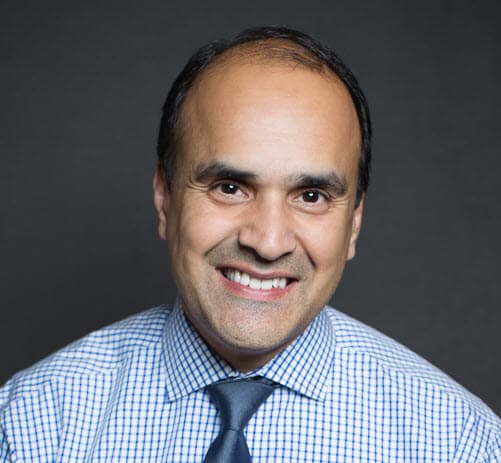
@ShahidNShah


Before you roll your eyes at YASE (yet another standards effort) take a look at this article at IEEE: Medical Records: From Clipboard To Point-and-Click.
I’m biased (I run a local IEEE Computer Society chapter) but I think this effort might have some legs. The official word is that the IEEE has joined forces with eight other medical and engineering societies to form an umbrella consortium, the Biotechnology Council. The council’s primary goal is to standardize everything from medical terminology to networking protocols so that medical records can be stored electronically and sent instantly anywhere in the world — all with absolute privacy, security, and understandability.
Now, for the reality. IEEE is one of the few engineering associations that’s powerful enough to setup the technical teams and put together some great people to help in the effort. They can probaly do some good work within a few years. However, the problem is always adoption. Most standardization efforts that IEEE gets involved in has the effect of increasing the market for everyone: remember the nightmare that was wireless technology before IEEE 802.11? The market was small but after standardization is grew dramatically because everyone signed on, even though they didn’t agree on everything.
Now, I’m not naive enough to think that just because 802.11 was a successful that the medical standards will be successful. That’s because one area where IEEE hasn’t been successful at standardization is semantics and meaning. They are good at infrastructure standardization but in healthcare that’s the least of our problems. We’re already networked and we know how to share data (HL7, ASC X.12, etc). What we can’t get right is how to share the meaning of our data. We don’t have reusable consensus-based ontologies nor do we have any clue of what a “virtual medical record” would be used for, let alone what it looks like.
One thing I would like us all to get beyond is “medical data sharing” as a goal. The goals is not to share data, that’s the means. The ends are “killing fewer patients because we’ll know what medications they’re on” or “getting few patients sicker after they come into a hospital” and other such outcomes.
Once we work on outcomes-based sharing then we’ll know that sharing means something.
With that said, I wish my colleagues and fellow IEEE members the best of luck. If you guys need some help, you know where to find me.

Shahid Shah is an internationally recognized enterprise software guru that specializes in digital health with an emphasis on e-health, EHR/EMR, big data, iOT, data interoperability, med device connectivity, and bioinformatics.
Connecting innovation decision makers to authoritative information, institutions, people and insights.
Medigy accurately delivers healthcare and technology information, news and insight from around the world.
Medigy surfaces the world's best crowdsourced health tech offerings with social interactions and peer reviews.
© 2023 Netspective Media LLC. All Rights Reserved.
Built on Jan 17, 2023 at 9:26am